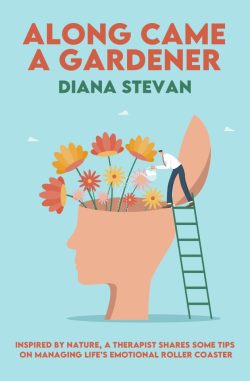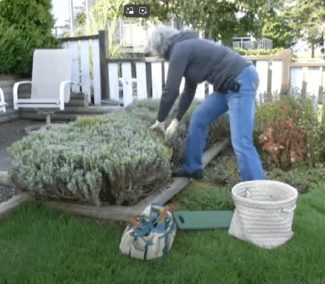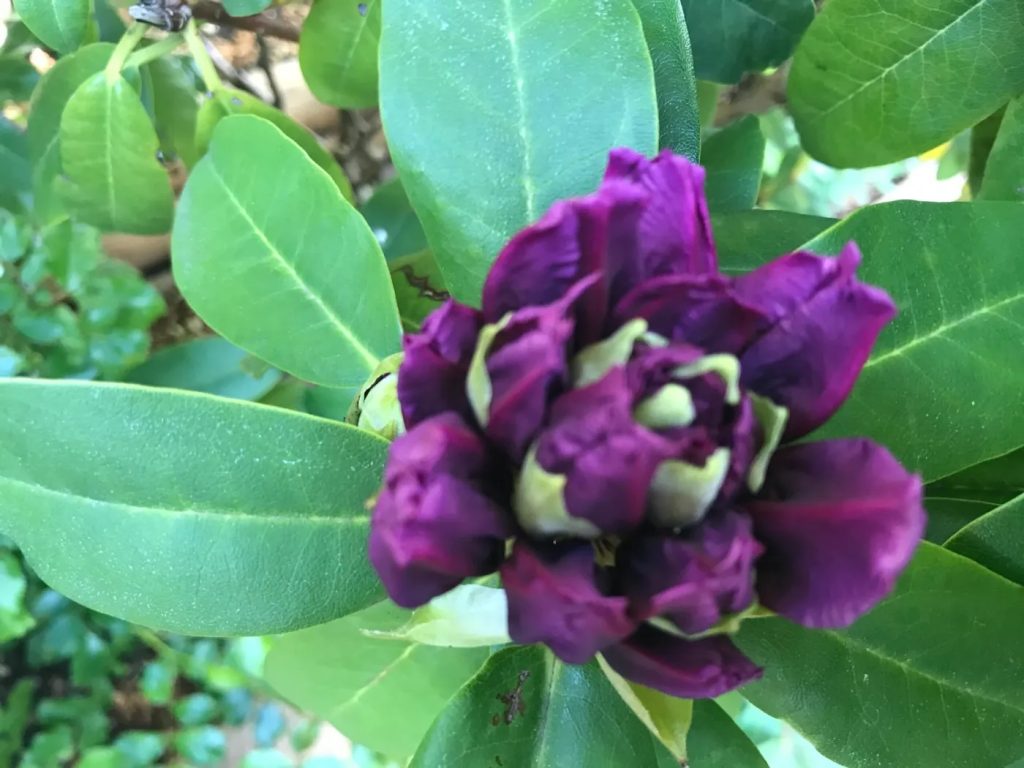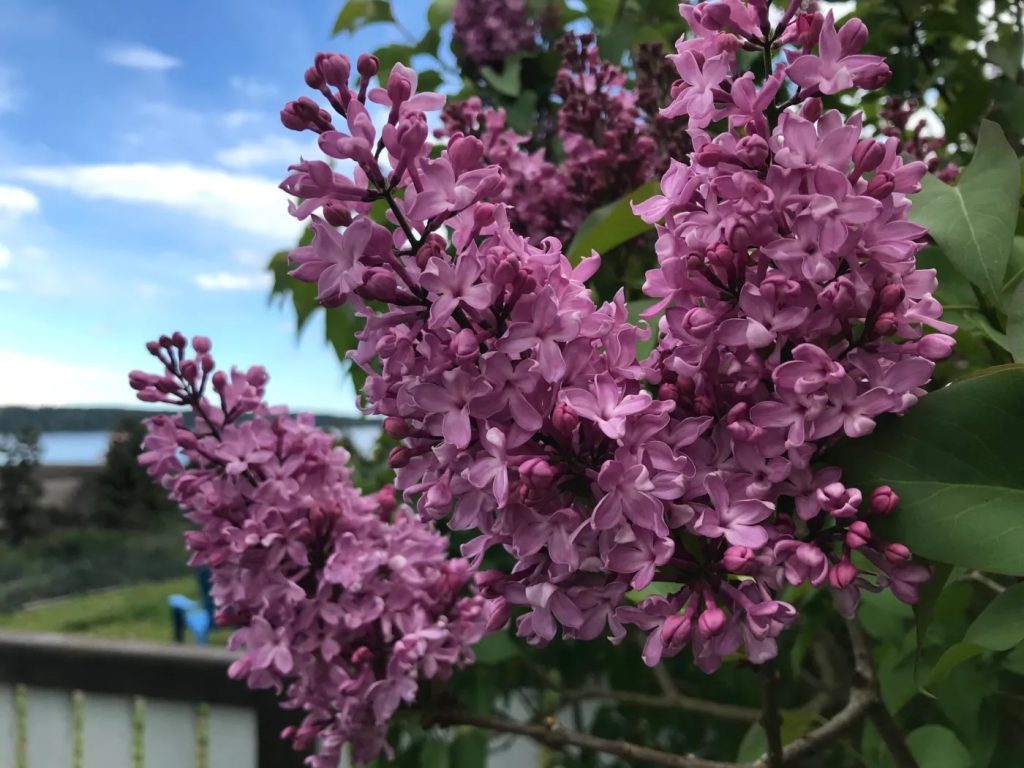‘Weeding, planting, cultivating, and pruning’
Along Came a Gardener
by Diana Stevan
Campbell River: Island House Publishing, 2025
$21.95 / 9781988180229
Reviewed by Selena Mercuri
*

Diana Stevan’s Along Came a Gardener is a masterful meditation on healing, personal growth, and the art of tending to the self, all framed through the evocative metaphor of gardening. Drawing on her twenty-five years as a family therapist, Stevan offers an insightful blend of memoir, psychology, and practical wisdom, creating a book that is as comforting as it is enlightening. With a tone that is nurturing yet authoritative, she encourages readers to see their inner struggles as opportunities for growth, much like a garden that flourishes with care and attention. The book is not merely a self-help guide but a philosophical reflection on the interconnectedness between human resilience and nature’s lessons.
The book is structured as a series of thematic explorations, each reinforcing the central metaphor. Weeding, planting, cultivating, and pruning become allegories for navigating depression, anger, addiction, and self-improvement. Each of these sections provides profound insights into the human condition, reminding readers that just as plants require proper nourishment and care to thrive, so too do individuals need attention, self-compassion, and effort to overcome life’s challenges. Stevan’s approach is deeply compassionate, drawing from personal experiences, client stories, and broader psychological principles to create an accessible and engaging guide for self-reflection and personal development.

One of the most compelling aspects of Along Came a Gardener is its seamless integration of nature’s wisdom with therapeutic insights. Stevan highlights the importance of patience, the necessity of setbacks, and the resilience required to nurture growth in both plants and people. “The work never stops for improving our lives. There’s always something to do, some problem to solve. It’s like a garden where weeds keep appearing year after year. If we ignore them, they multiply,” she writes, reinforcing the notion that self-care is a continuous, deliberate practice. The image of weeds multiplying if left unchecked serves as an apt metaphor for emotional struggles—unaddressed pain and neglected self-care can spread through one’s life, making healing all the more difficult.
Stevan’s reflections on resilience and transformation are particularly powerful. She frames life’s difficulties as natural challenges that, with the right perspective and effort, can lead to personal flourishing. “Overwhelmed, we can’t see a solution. It’s like standing at the base of a mountain shrouded in clouds; we can’t see the top. But if we step forward and begin the climb, we can get there, one step at a time.” Such insights serve as reminders that growth, though sometimes slow and arduous, is always possible. Through this perspective, she reassures readers that difficult times do not define them; rather, their ability to take small, persistent steps forward ultimately shapes their futures.

Beyond its psychological depth, Along Came a Gardener is a book of quiet encouragement. Stevan discusses the many faces of depression, the destructiveness of unmanaged anger, and the subtle ways in which harmful thought patterns take root. She advocates for mindfulness, boundary-setting, and rethinking ingrained habits, all with the aim of fostering personal transformation. Her background as a therapist lends credibility to her insights, yet she delivers them with a warmth that makes even the heaviest topics approachable. She never presents healing as a distant or unattainable goal; rather, she offers readers the tools to recognize their struggles and make meaningful, practical changes in their lives.
Her discussion of the therapeutic process is particularly illuminating, offering readers a glimpse into the work of self-discovery and healing. She emphasizes the importance of asking for help when needed, likening it to tending a struggling plant: “Hope—the sun on the horizon—can get us through.” Just as a gardener would never expect a neglected plant to thrive on its own, Stevan reminds us that seeking guidance and support is a vital step in personal growth. Through various case studies and anecdotes, she demonstrates how therapy, like sunlight and water for plants, can be the life-giving force that nurtures healing and strength.

Another highlight of the book is its emphasis on the role of perspective in shaping one’s experience. Stevan eloquently discusses the dangers of unchecked negativity and self-criticism, encouraging readers to embrace the potential for positive change. She writes, “Our self-esteem suffers when we indulge in junk food, especially when we’re not hungry,” drawing a parallel between the health of the body and the mind. This holistic approach to well-being reinforces the book’s central message: that growth, whether in a garden or within oneself, requires conscious effort and care. It is not just about eliminating negativity, but about actively cultivating self-worth and resilience.
Throughout the book, Stevan balances poetic reflections with concrete strategies for change. Her writing is filled with rich imagery and thoughtful analogies, making her insights not only relatable but deeply resonant. She speaks to the reader as a guide and mentor, offering both wisdom and practical advice in equal measure. The interplay between personal anecdotes and universal truths makes Along Came a Gardener a book that readers can return to repeatedly, drawing new insights with each read.
The book also stresses the importance of community and human connection in the healing process. Just as plants thrive in the right environment, people flourish when surrounded by support and encouragement. Stevan acknowledges the significance of relationships, whether with family, friends, or professional counsellors, in fostering personal growth. She reminds us that healing does not happen in isolation and that reaching out for help can be one of the most courageous and transformative steps we take. Even the most self-sufficient gardener relies on the wisdom of others—whether through books, fellow gardeners, or personal experience—to cultivate a thriving landscape. Similarly, personal healing benefits from the guidance and support of those around us.

Along Came a Gardener serves as a reminder that personal growth is not linear. Like nature itself, there are seasons of progress and setbacks, of flourishing and dormancy. Stevan reassures readers that moments of stagnation are not failures but necessary pauses in the journey of self-improvement. By embracing the natural rhythms of change, we can cultivate resilience and continue striving toward our fullest potential. She encourages readers to honour their own cycles of growth and rest, to recognize that even in stillness, important transformations may be taking place beneath the surface.
Fundamentally, Along Came a Gardener is a celebration of the human capacity for renewal. It reminds us that even in times of struggle, we have the ability to cultivate beauty, resilience, and strength. Whether dealing with grief, anxiety, or the general uncertainties of life, readers will find comfort in Stevan’s words and inspiration in her message. She does not offer quick fixes or empty reassurances, but rather a path forward—one that requires effort, but also promises deep and lasting fulfilment.
For those seeking actionable advice, Along Came a Gardener offers a compelling and rewarding read. Stevan’s book is a testament to the enduring power of hope and perseverance, an essential read for anyone looking to nurture their well-being and embrace the full potential of their personal growth.

*

Selena Mercuri is a Toronto-based writer. She holds a BA in Political Science from the University of Toronto and is currently studying Book Publishing at Toronto Metropolitan University. Her work has appeared or is forthcoming in The Fiddlehead, The Hart House Review, Room Magazine, The Literary Review of Canada, The Seaboard Review, and The Ampersand Review. She was the recipient of the Norma Epstein Foundation Award and will begin her MFA in Creative Writing at the University of Guelph this fall.
*
The British Columbia Review
Interim Editors, 2023-26: Trevor Marc Hughes (non-fiction), Brett Josef Grubisic (fiction)
Publisher: Richard Mackie
Formerly The Ormsby Review, The British Columbia Review is an on-line book review and journal service for BC writers and readers. The Advisory Board now consists of Jean Barman, Wade Davis, Robin Fisher, Barry Gough, Hugh Johnston, Kathy Mezei, Patricia Roy, and Graeme Wynn. Provincial Government Patron (since September 2018): Creative BC. Honorary Patron: Yosef Wosk. Scholarly Patron: SFU Graduate Liberal Studies. The British Columbia Review was founded in 2016 by Richard Mackie and Alan Twigg.
“Only connect.” – E.M. Forster
6 comments on “‘Weeding, planting, cultivating, and pruning’”
Along Came a Gardener has me intrigued. Thank you very much.
You’re welcome Dale. It certainly seems a timely title, with spring having sprung, readers reaching for their gardening tools, but also a need for us to look after ourselves.
Hello Trevor. As I mentioned to Dale, I’m sorry for my late reply. I only noticed your exchange today. I’m actually in the middle of recording the audiobook. I think it’ll take me to the end of the summer.
And you are absolutely right. There is so much we can do to look after ourselves. Nature is a great teacher. I include her lessons as well as share what I learned through my therapy practice.
I hope you check out my book. I think you’ll find it rewarding.
Thanks Diana, and congratulations on the release of the book, which I understand is the product of many years. Self-care is taking on a whole new aspect nowadays, and we are fortunate here in BC to be surrounded by so much of the boon that is the splendour of nature, including our own garden spaces. Best wishes for the audiobook.
Hello Dale,
Boy, am I late to reply. It’s hard to keep up with all of social media, etc. Glad you’re intrigued. This is a book that’s taken me a long time to write.
I hope you get a chance to check it out. Though I share much of what worked in my career as a therapist in mental health, I also share what Nature has taught me. Lessons are there everywhere, but we get so caught up in our lives, tha we barely notice.